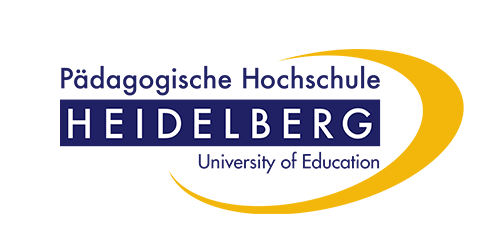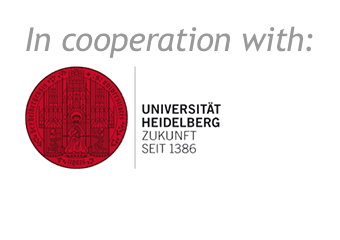UNESCO world heritage education
The main concern of the World Heritage program, initiated by UNESCO 1972, is using selected natural and cultural world heritage sites with "outstanding universal value" so sustainably that they remain preserved as authentic and integer as possible for future generations. Both the monitoring of the integrity of the World Heritage Sites and raising awareness for their special and unique value for mankind are of central importance.
For this, the various fields of competence of the Research Group for Earth Observation (rgeo) in the field of remote sensing, GIS, and laboratory-supported environmental monitoring (Observation) are linked with conveying the insights to adolescents, multipliers and the public (Education). Doing this, the use of modern geo-technologies is systematically expanded to documenting, monitoring and visualizing World Heritage Sites. The generated data is also provided to local actors on site in terms of capacity building. In addition to the Middle Rhine Valley in Germany, World Heritage Sites in Chile, Mexico and Vietnam are partners for the implementation and testing of relevant concepts and methods.
In this context, the Research Group for Earth Observation (rgeo) is co-founder of the annual meetings of the interdisciplinary working group "World Heritage Education (WHE)". Representatives from science, administration and school are presenting and discussing their present concepts of a World Heritage Education. Moreover, several theses and even a dissertation have investigated this educational function of WHE.
Project start: 2007




